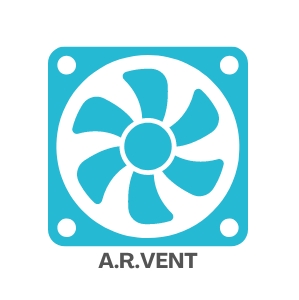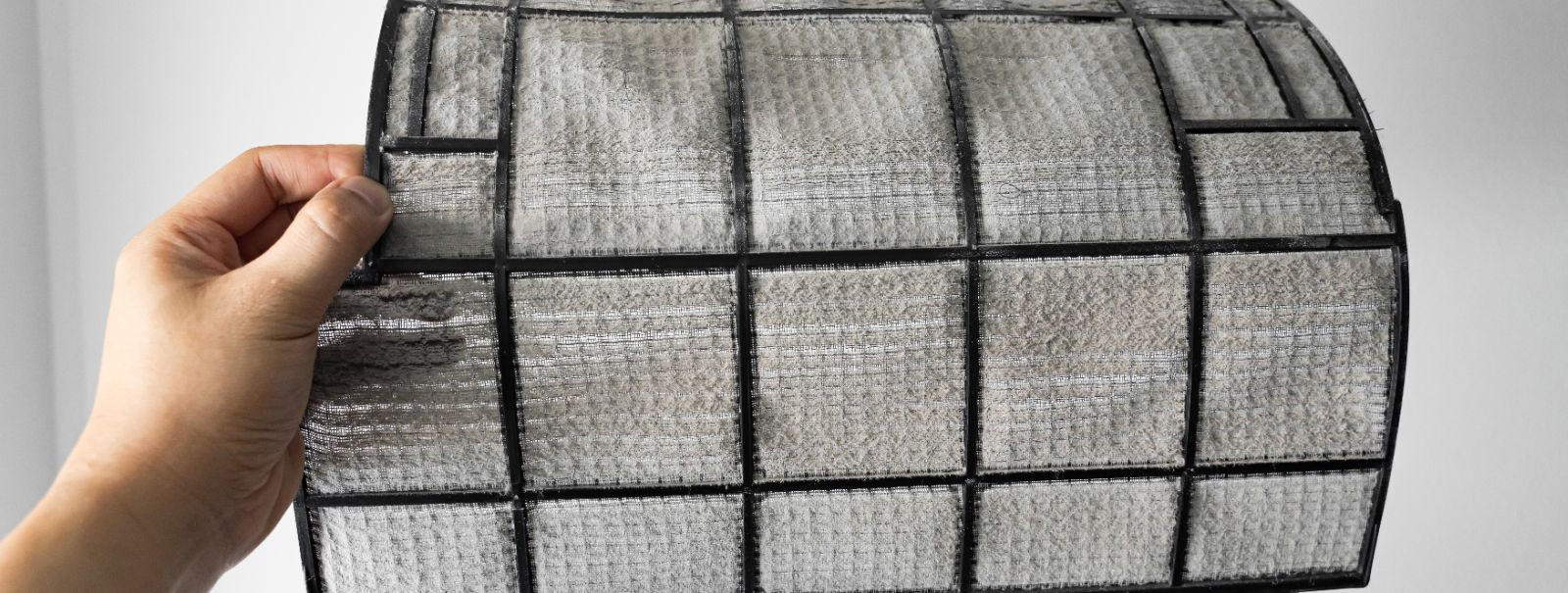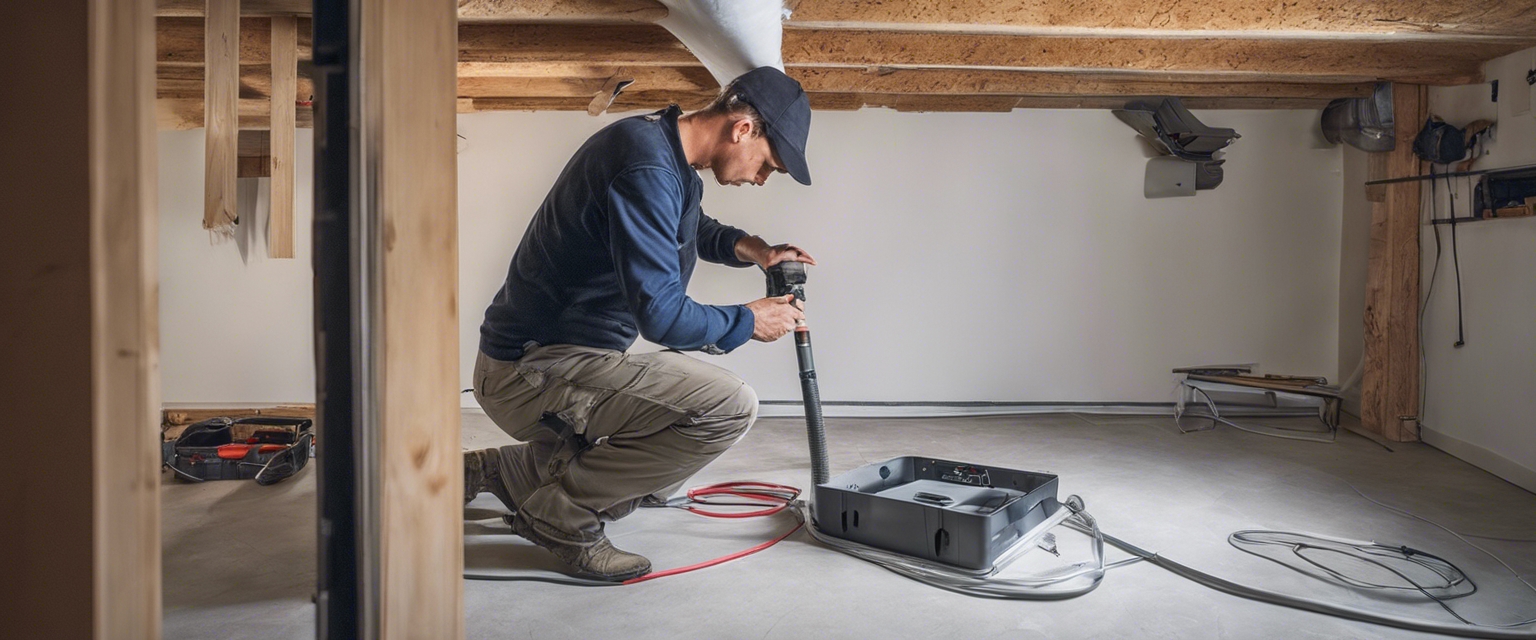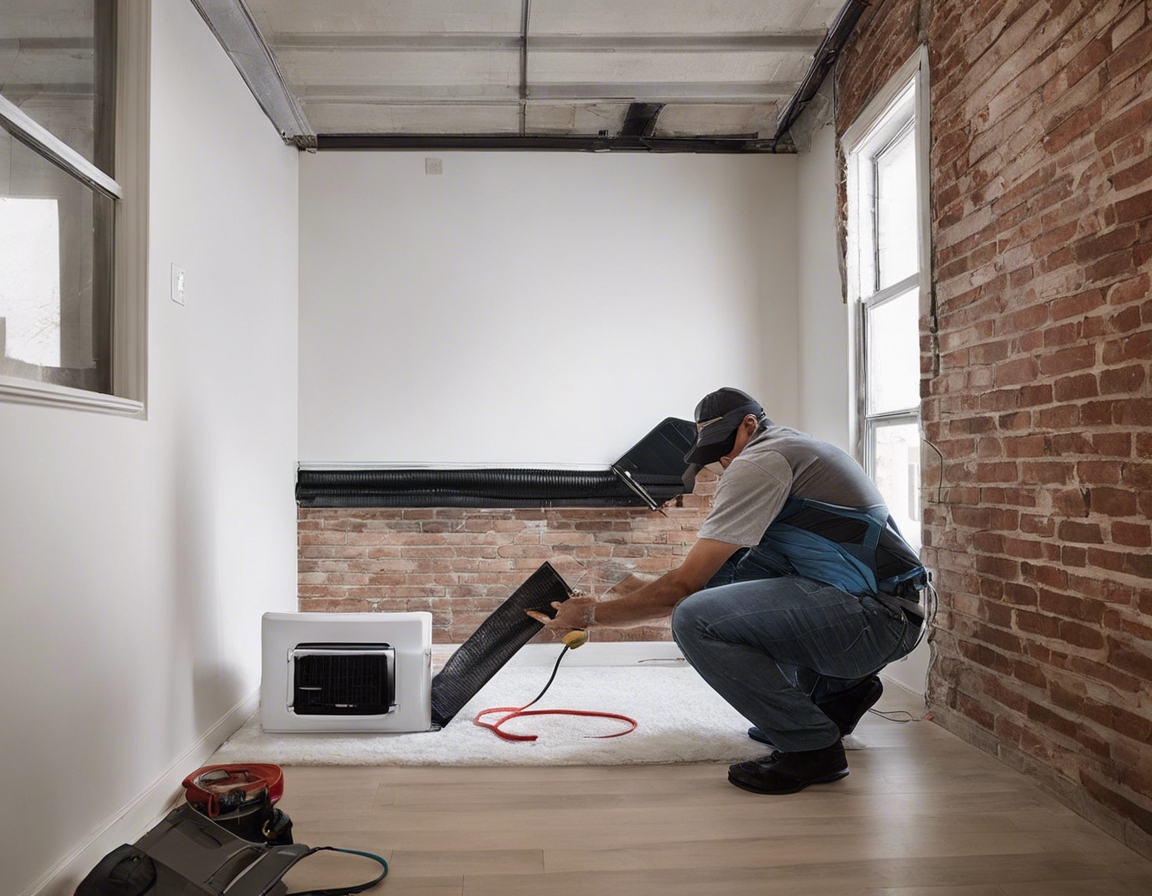How to choose the right ventilation filters for your home
Indoor air quality is crucial for the health and comfort of home occupants. Ventilation filters play a pivotal role in purifying the air by trapping dust, pollen, and other airborne particles. Ensuring your home has the right filters can significantly reduce the risk of respiratory issues and improve overall well-being.
Ventilation filters come in various types, each designed to meet specific needs. From basic fiberglass filters to advanced HEPA filters, understanding the differences is key to selecting the right one for your home.
Ventilation filters clean the air by capturing particles as air flows through them. The efficiency of a filter is determined by its ability to trap different sizes of particles and its overall design.
Factors to Consider When Choosing Ventilation Filters
Filter efficiency is measured by ratings such as MERV, HEPA, and CADR. These ratings indicate the size of particles the filter can capture and are essential for determining the level of air purification needed for your home.
Choosing the correct size and compatible filter for your ventilation system is vital for optimal performance. Incorrectly sized filters can lead to reduced air quality and increased energy consumption.
The material and construction of a filter affect its durability and performance. High-quality materials can enhance filtration efficiency and extend the lifespan of the filter.
For households with allergy sufferers or respiratory conditions, selecting a filter that can remove allergens and fine particles is crucial for maintaining a healthy indoor environment.
Eco-friendly filters made from sustainable materials can help reduce environmental impact while maintaining high air quality standards.
The lifespan of a filter and its maintenance requirements should be considered to ensure long-term effectiveness and cost-efficiency.
Popular Ventilation Filter Options
Fiberglass filters are a cost-effective option for basic air filtration needs. They are disposable and need to be replaced regularly.
Pleated filters offer improved filtration by using a larger surface area to capture more particles. They are available in various efficiency ratings to suit different needs.
HEPA filters provide superior air purification by trapping at least 99.97% of particles that are 0.3 microns in diameter or larger. They are ideal for homes requiring high air quality levels.
Activated carbon filters are effective at removing odors and volatile organic compounds (VOCs) from the air, making them a good choice for urban environments with pollution concerns.
Washable and reusable filters offer a sustainable and cost-effective solution for homeowners. They require regular cleaning but can last for several years with proper maintenance.
Installation and Replacement Tips
While some homeowners may opt for DIY installation, professional installation ensures that the filter is fitted correctly and operates at peak efficiency.
Regularly replacing your filters is essential for maintaining air quality. The frequency of replacement depends on the type of filter and the level of air pollution in your home.
Disposing of old filters properly is important for environmental conservation. Some filters can be recycled, while others require special disposal methods.






Comments (0)